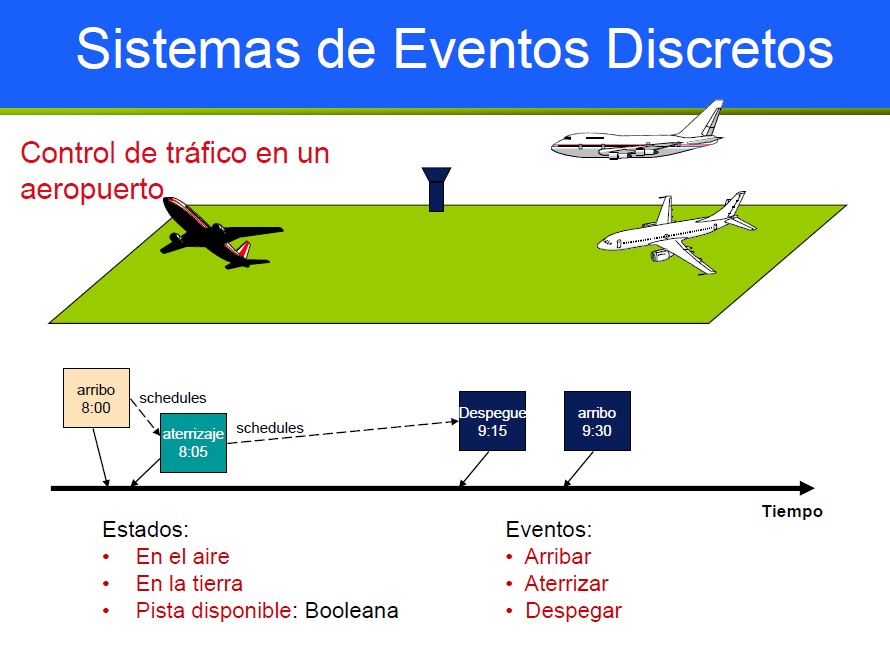INGENIERIA INDUSTRIAL
TecNM
OPERATION MANAGEMENT
OPERATIONS RESEARCH
PROGRAMACIÓN LINEAL
EDUCACION
CONTABILIDAD
INVESTIGACION
SCHOOLOGY
MAESTRIA ITCV
Materias Maestrias Consorsium MEXICO-CANADA
MATERIAS VARIAS DE SIMULACION
Energy 101
By being fluent in energy you will be able to think critically about energy issues.
About this Course
*Note - This is an Archived course*
This is a past/archived course. At this time, you can only explore this course in a self-paced fashion. Certain features of this course may not be active, but many people enjoy watching the videos and working with the materials. Make sure to check for reruns of this course.
This multidisciplinary course will give students an overview of energy technologies, fuels, environmental impacts and public policies. Topics will be interdisciplinary and will include an introduction to quantitative concepts in energy, including the differences among fuels and energy technologies, energy policy levers, and the societal aspects of energy, such as culture, economics, war, and international affairs. This course will cover brief snippets of energy history, use real-world examples, and look forward into the future. The course will have interactive learning modules and lecture-oriented around current events related to energy.
Before your course starts, try the new edX Demo where you can explore the fun, interactive learning environment and virtual labs. Learn more.
Ways to take this edX course:
Simply Audit this Course
Audit this course for free and have complete access to all of the course material, tests, and the online discussion forum. You decide what and how much you want to do.
Course Staff
-

Dr. Michael E. Webber
Michael Webber is the Josey Centennial Fellow in Energy Resources, Co-Director of the Clean Energy Incubator at the Austin Technology Incubator, and Deputy Director of the Energy Institute at UT Austin, where he trains a new generation of energy leaders through research and education at the intersection of engineering, policy, and commercialization. He has authored more than 150 scientific articles, columns, books and book chapters, including a compendium of his commentary titled Changing the Way America Thinks About Energy, which was published in May 2009.
-
FALTA AGREGAR

La simulación por eventos discretos es una técnica informática de modelado dinámico de sistemas. Frente a su homóloga, la simulación de tiempo continuo, esta se caracteriza por un control en la variable del tiempo que permite avanzar a éste a intervalos variables, en función de la planificación de ocurrencia de tales eventos a un tiempo futuro. Un requisito para aplicar esta técnica es que las variables que definen el sistema no cambien su comportamiento durante el intervalo simulado.
SIMULACION (DR. RAUL DERAT SOLIS) D-162
- Teacher: DR. RAUL ARTURO DERAT SOLIS
- Teacher: RICARDO ALBERTO GUERRERO CARRIZALES
MATERIA DE SIMULACION EN ESPAÑOL
Modelling and Simulation using MATLAB®
- by Prof. Dr.-Ing. Georg Fries, Prof. Dr. Peter Dannenmann, Prof. Dr. Karin Graeslund, Prof. Dr.-Ing. Patrick Metzler, Prof. Dr. Michael Schmidt, Prof. Dr. Andreas Zinnen, Dipl.-Päd. Robert Hörhammer, and Production Team
- Hochschule RheinMain - University of Applied Sciences - Wiesbaden Rüsselsheim
FreeHow can I simulate a water treatment plant or realize a new business venture? This MOOC explains how to model and simulate innovative ideas using MATLAB/Simulink.
About this course
Course Summary
Modelling and simulation make a particular part of the world easier to define, visualize and understand. Both require the identification of relevant aspects of a situation in the real world and then the use of different types of models for different objectives and the definition of the most suitable model parameters.
This course teaches you to simulate models for a wide range of applications using MATLAB – a high-level programming language and an environment for numerical computation and visualization.
What will I learn?
- Students are acquainted with the concepts of modelling and simulation from an interdisciplinary point of view.
- Students are able to implement and simulate models using MATLAB/Simulink.
- Depending on the selected applications in part B of the course students acquire further knowledge of control engineering, image processing, machine learning, business case modelling, knowledge management and simulation of a water treatment plant
- Enthusiastic students with only rudimentary programming knowledge acquire an understanding of the basic MATLAB programming
What do I have to know?
Mathematics and Physics knowledge of secondary level education and programming knowledge are recommended.
MATLAB is commercial software. As a result of support from MathWorks, students will be granted a downloadable license to MATLAB and Simulink for the duration of the course.
Workload
Approx. 8 hours per week.
The final chapter will be uploaded on July 8th. The course ends on August 1st.
Do I get a certificate?
Students participating in this course can earn the official Statement of Participation.
Requirements for receiving the Statement of Participation are to watch 60% of the lecture videos as well as complete 60% of the quizzes.
Production Team
Simulation
Raúl Derat
This courses introduces the students to modelling and simulation concepts. Topics discussed in the course includes, system analysis and classification., abstract and simulation models, continuous, discrete, and combined models, heterogeneous models. It also covers pseudorandom number generation and testing, queuing systems, Monte Carlo method, and continuous simulation. Simulation experiment control.
